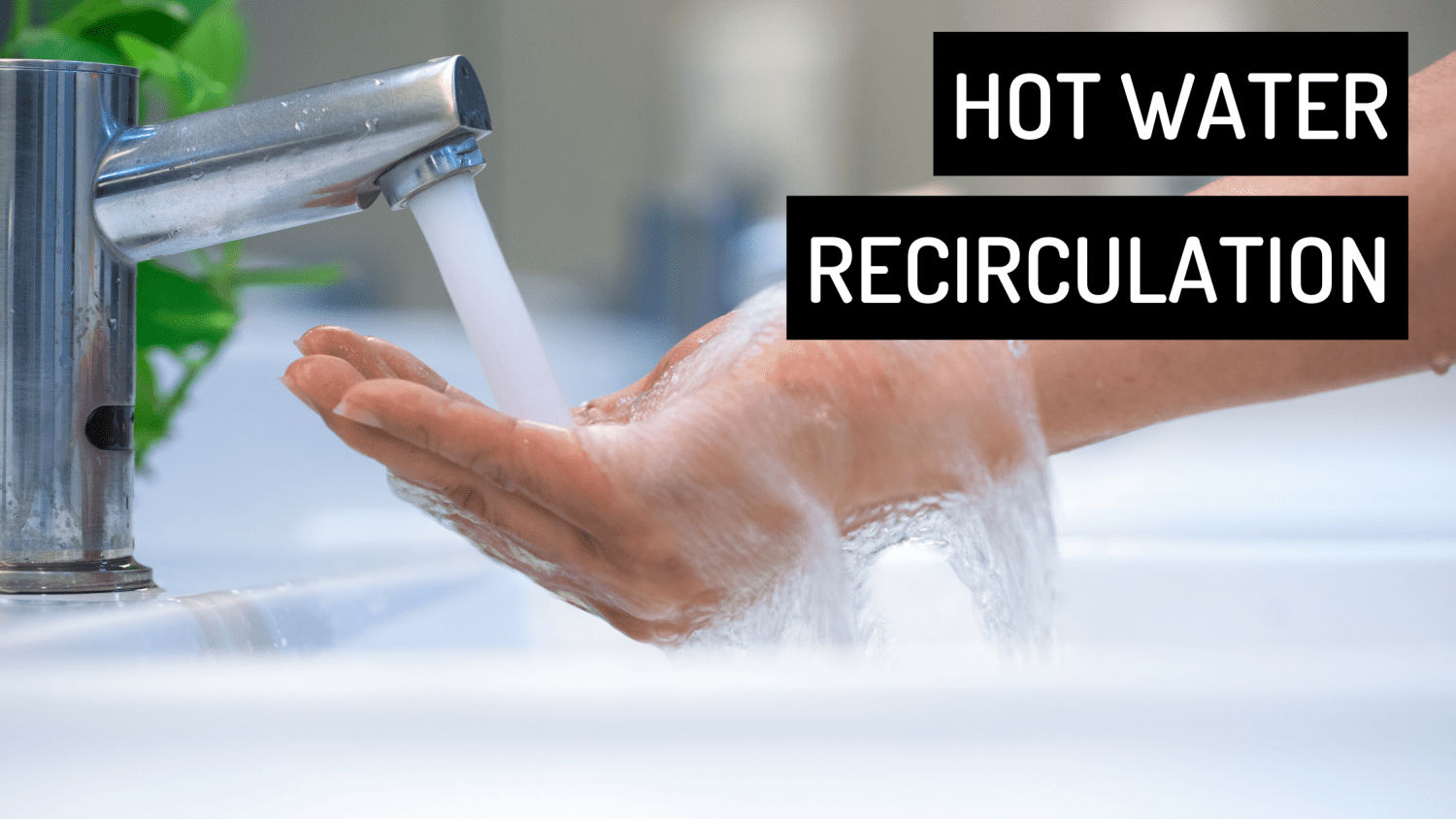Chances are you never give your water heater a second thought until you find yourself taking a cold shower. While this is never a pleasant experience, it might not be the end of the world for your water heater.
By their construction, water heaters are doomed to fail. You’re putting nature’s most effective solvent, which is water, into a giant metal canister and keeping it filled twenty-four hours a day. With constant cycles of heating and cooling expanding and contacting the metal of that canister.
There are several reasons you could be experiencing hot water troubles. Gas-powered water heaters may have a pilot light that needs to be lit, or an electric water heater may have tripped a circuit breaker. It’s important to check both of those when you experience a lack of hot water. In older water heaters, heating elements can also fail without warning; and are not very difficult, or expensive, to replace.
Here in Houston, we have very sediment-rich or “hard” water. This makes our water heaters more susceptible to sediment build-up. Clunking and banging sounds from your water heater are an indication that you have a significant buildup of sediment in your tank.
Having a licensed plumbing technician perform annual maintenance on your water heater will extend the lifespan of your water heater. Flushing out of the tank adds life to your water heater by the removing much of the sediment buildup, leaving more room in your tank for hot water!
6 Signs You Water Heater Needs to Be Replaced
1. It’s Old
A general rule of thumb is that a water heater has a lifespan of about seven to ten years. At seven years they tend to start breaking down, and should certainly be replaced after ten years. Rust and sediment begin to build up as those constant heating and cooling cycles expand and contract the metal shell of the water heater. Eventually, it ends in either a replacement or a failure. If your water heater is in your attic, you probably don’t want to wait until there’s a problem.
2. The Hot Water Doesn’t Get Hot Enough
One of the first signs of imminent water heater failure is when the hot water in your home just doesn’t get as hot as you would like. Heating elements lose their efficacy over time, and the sediment build up in your tank may be making that worse by displacing the water in the tank away from the heating elements.
In a water heater that is less than seven years old, it may be worth it to replace the heating elements. In a failing water heater that’s older than seven years, it’s time to replace it.
3. Water Heater is Rusting
As mentioned above, water heaters are doomed to eventually fail, just because of what they do and the way they are built.
Any signs of rust on the outside of your water heater are an indication that the end is near for your tank. The constant heating and cooling of the water in the tank causes expansion and contraction of the metal. Over time, the seams of the tank are compromised, and small amounts of water vapor can escape, causing rust to form.
4. Running out of Hot Water
I know I have a 45-gallon water heater, and there’s only two of us in the house. Why is there never enough hot water?
The sediment that remains in your tank is from years of build-up from heating hard water. These tiny rocks begin to form a solid mass that collects more of the sediment as water passes through the tank. As the sediment mass gets larger, less water can be held inside the tank, resulting in reduced hot water capacity.
5. Normal 0 false false false EN-US X-NONE X-NONE /* Style Definitions */ table.MsoNormalTable {mso-style-name:"Table Normal"; mso-tstyle-rowband-size:0; mso-tstyle-colband-size:0; mso-style-noshow:yes; mso-style-priority:99; mso-style-parent:""; mso-padding-alt:0in 5.4pt 0in 5.4pt; mso-para-margin-top:0in; mso-para-margin-right:0in; mso-para-margin-bottom:8.0pt; mso-para-margin-left:0in; line-height:107%; mso-pagination:widow-orphan; font-size:11.0pt; font-family:"Calibri","sans-serif"; mso-ascii-font-family:Calibri; mso-ascii-theme-font:minor-latin; mso-hansi-font-family:Calibri; mso-hansi-theme-font:minor-latin; mso-bidi-font-family:"Times New Roman"; mso-bidi-theme-font:minor-bidi;} Leaking Water Heater
Water on the floor near your water heater is a cause for concern, but it isn’t necessarily the worst thing that can happen. Supply lines and their associated valves can begin to leak, as can the pressure relief valve in your water heater. Your best bet is to have a professional plumbing technician look at your water heater system and advise you about the best option for your situation.
6. Banging or Popping Noise from Water Heater
Once again, we revisit sediment. Sediment from minerals in hard water are introduced to our water heaters, and as the water is heated, this sediment remains in the tank. It starts as small particles, but over time, becomes a larger, solid mass of minerals.
As the sediment mass gets larger and begins to move around as the tank is drained and refilled, it bangs on the sides of the water heater tank, causing that dreaded “bang, bang, bang” every time you turn on the hot water.
Once the sediment has reached this point, simply draining and performing maintenance on your water heater will not be enough. To restore your home’s full hot water capability, you will need to replace your water heater.
Why Choose Nick’s Plumbing & Air Conditioning for your Water Heater Maintenance or Replacement?
Since 1979 Nick’s Plumbing & Air Conditioning has been servicing and replacing water heaters in Houston. Hiring the experienced, licensed professionals at Nick’s Plumbing and Air Conditioning Services provides that added layer of protection for you and your home. Our plumbing technicians are ready to respond to your hot water emergency, from a leaky valve to a full water heater replacement.
If you’re having hot water issues in your home, call the water heater experts in Houston at Nick’s Plumbing and Air Conditioning Services today for your cost evaluation.


























